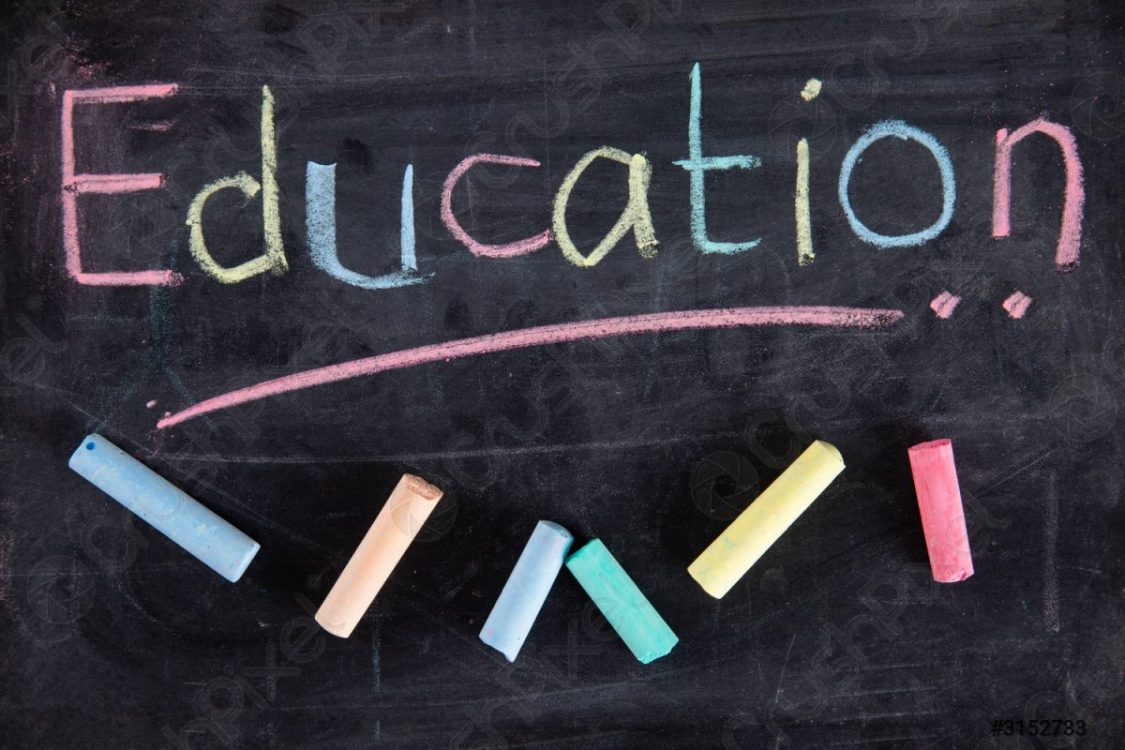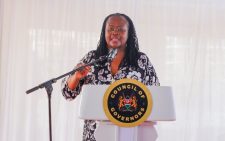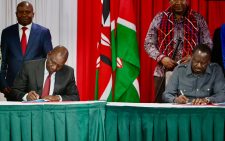Foundation skills key to achieving quality education

Among recommendations in the Report Presidential Working Party on Education Reforms (PWPER) is that the government invest in foundational learning.
The report says investment in foundational learning, which is the current language for literacy and numeracy skills is important to avert what it terms as “future crisis in education.” The recommendations follow findings which showed concern about the low levels of literacy and numeracy among learners.
This recommendation—the need to invest in beginning reading and numeracy—did not attract headlines or mention in the mass media. However, it might well turn out to be the foundation stone which will determine the success of the educational reforms the country is undertaking.
Part of the background to the recommendations is a World Bank report which indicates that learning levels across the region are alarmingly low. A 2020 study by the Kenya National Examinations Council, under the auspices of National Assessment System for Monitoring Learner Achievement (NASMLA) recommended interventions towards the improvement of pupils’ achievement in Literacy will have a bearing on pupil achievement in Numeracy.
The study determined the levels of achievement of Class Three pupils in Mathematics, English and Kiswahili.
The recommendation was based on a finding that a considerably high percentage (94.6 per cent) of pupils did not attain Level 4 competencies in Mathematics.
The government has been addressing literacy and numeracy skills through strategic interventions, courtesy of educational policy, curricular and standards, and also reports such as NASMLA and others.
Recommendations by PWPER that the government address literacy and numeracy skills to ensure students progressively attain grade level competencies in foundation skills was spot on. The recommendation to invest in literacy and numeracy urges the country to strengthen the interventions even more—to ensure we don’t drop the ball on this critical areas of education (reform).
Truth be said, literacy and numeracy are the key to the entire education system: it lays the foundation for learning and it is key to mastering or acquiring the knowledge, skills, values, attitudes and habits of thinking and behaviour an education aims at engendering in learners.
Fluency in literacy and numeracy is also the foundation stone for further education and training. Critical literacy and quantitative skills are important to work, professional success and lifelong learning or education. Failure to master these skills at the basic education levels means two several things: firstly, learners cannot have the ability to locate and use sources of information.
Secondly, they cannot develop inferential comprehension skills, that is the ability to grasp what a text—in printed form or whatever form—implies but does not explicitly state. Ability to critically analyse text or any piece of information and then make inferences or judgement is severely limited if literacy skills are weak.
Numeracy means understanding how maths is used in the real world and being able to apply it to make the best possible decisions. Possession of the skill means a person can interpret data, charts and diagrams, process information, solve problems, understand and explain solutions and make decisions based on logical thinking and reasoning.
This is borne out by educational researchers, policy makers and employers. The ability of young people to gain literacy knowledge and skills necessary helps a learner get into college. It also helps him or her to not only undertake programmes in college, but also to find and keep a job or create and maintain business enterprises.
Proper preparation for advanced education, training and for the workplace require that schools lay strong literacy and numeracy skills in the first 12 years of education—junior and senior years of schooling.
— The writer is Communications Officer, Ministry of Education












